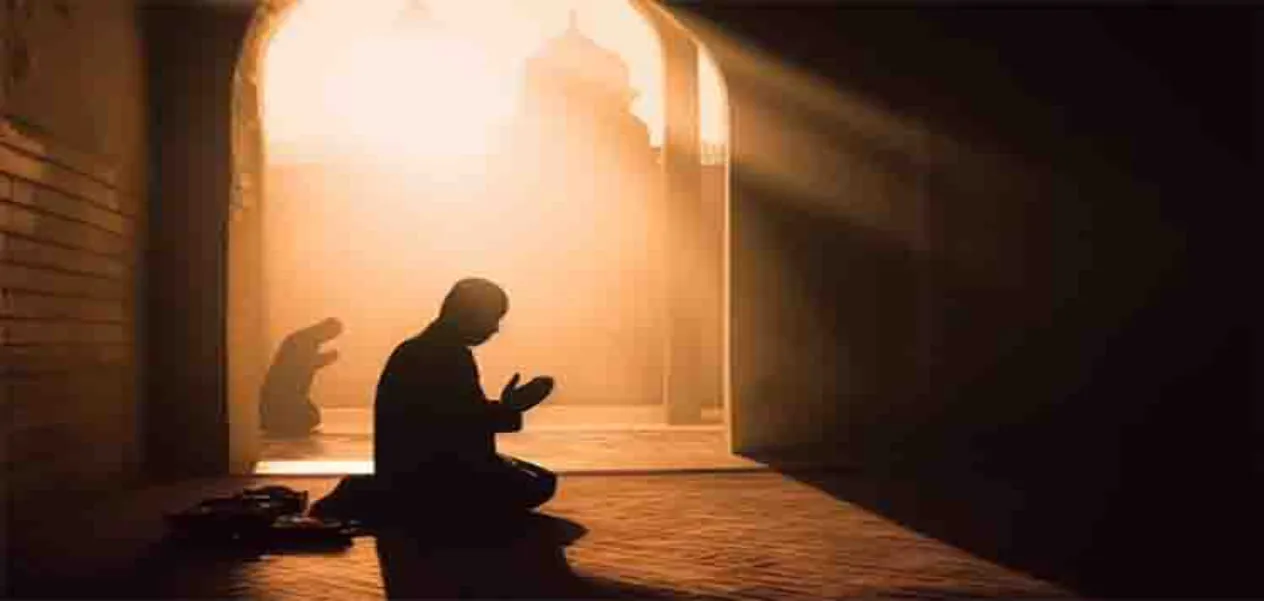This verse of the Quran, “I created the jinn and mankind only so that they might worship Me” (51:56) has been explained by Abdullah ibn Abbas, a companion of the Prophet of Islam, as meaning that “worship” here means realization of God. That is, man has been created by God for His realization. The same has been expressed in a tradition, in these words: “I was a hidden treasure, I wished to be known, so I created Man.” (Kashf al-Khifa, Hadith No. 2016).
The truth is that man’s life is a journey of maarifah, from beginning to end. The initial part of this journey is spent in this present world, while the final and eternal part of it will be spent in the world Hereafter. Maarifah is an unlimited ocean. It is desired for a person that he be the voyager on this infinite intellectual and spiritual journey in the pre-death period as well as in the post-death period. The Quran tells about the present world in these words: “He has given you all that you asked of Him.” (14:34)
This means that the real purpose of a human being is to pursue the journey of God-realization, while for his material survival, he has been provided with all those things which are called the life support system. The life of the Hereafter is also, in fact, the life of maarifah. The journey of maarifah which primarily began in the life of this world, will also continue in the world of the Hereafter in its higher form. In the Hereafter, man will have the opportunity to see his Creator directly, to participate in His gatherings and to speak to Him. However, man will live as a guest of God in the Hereafter. Whatever man received in this world on the basis of need will likewise be given to him in the Hereafter on the basis of his desires and all his desires will thus be fulfilled. (The Quran, 41:31)

